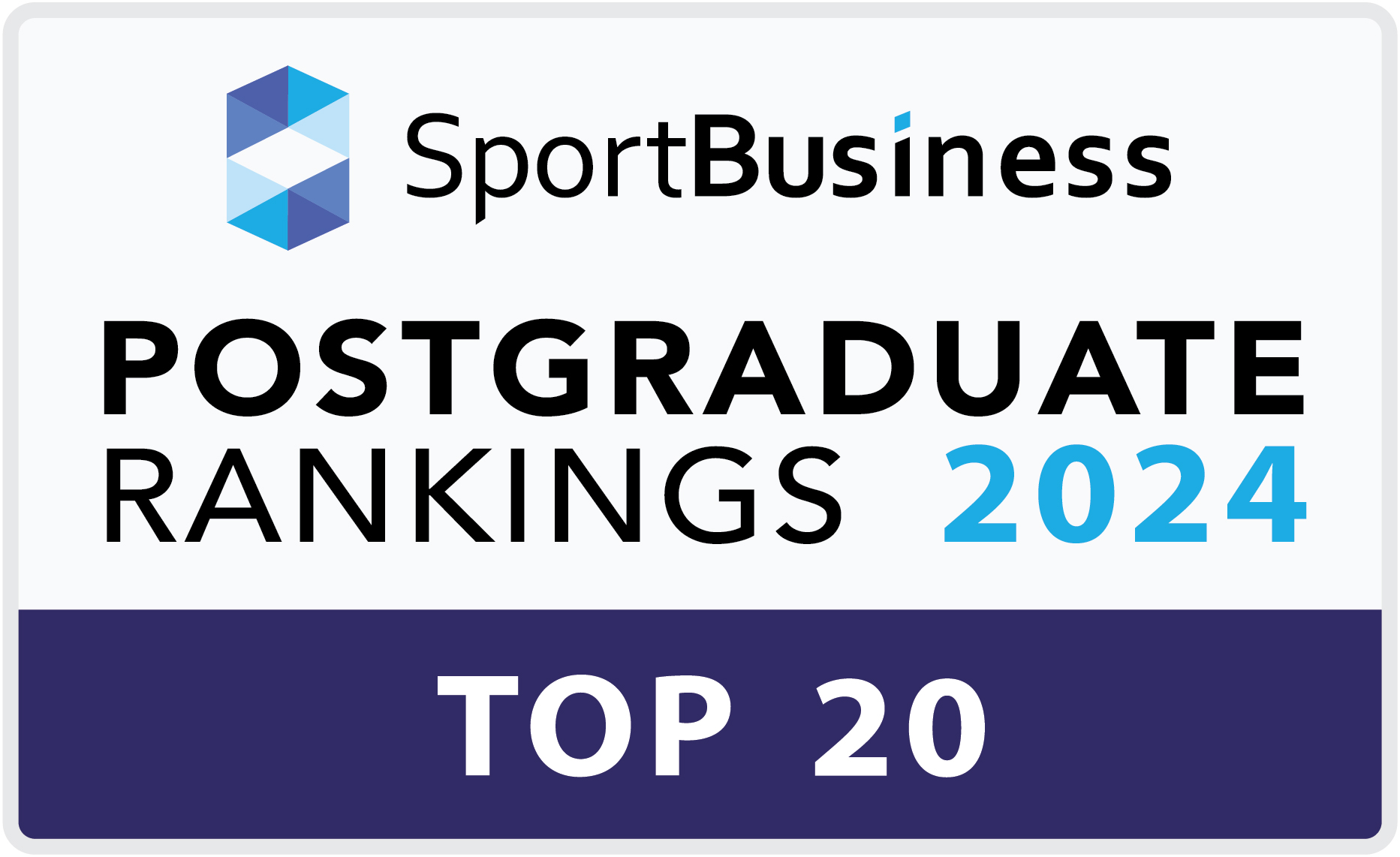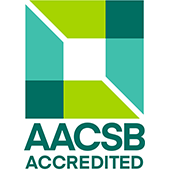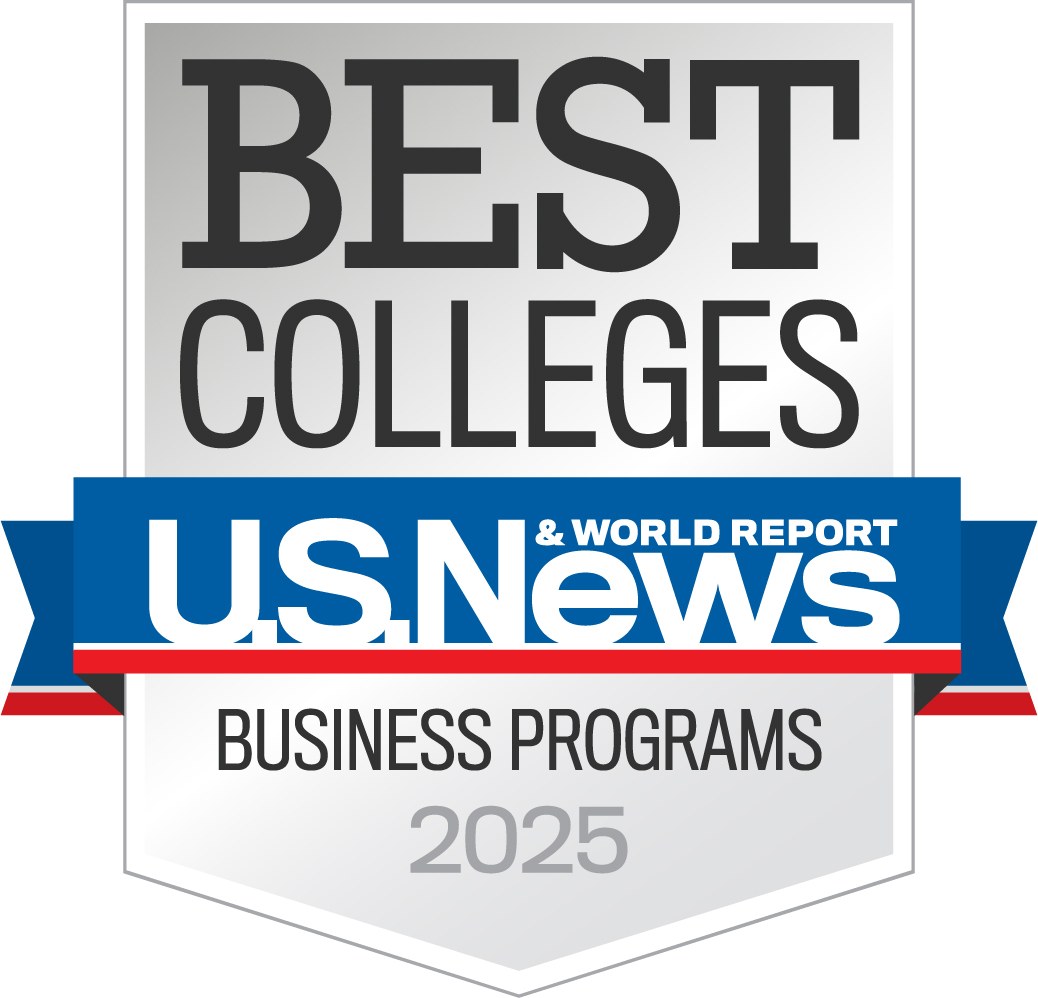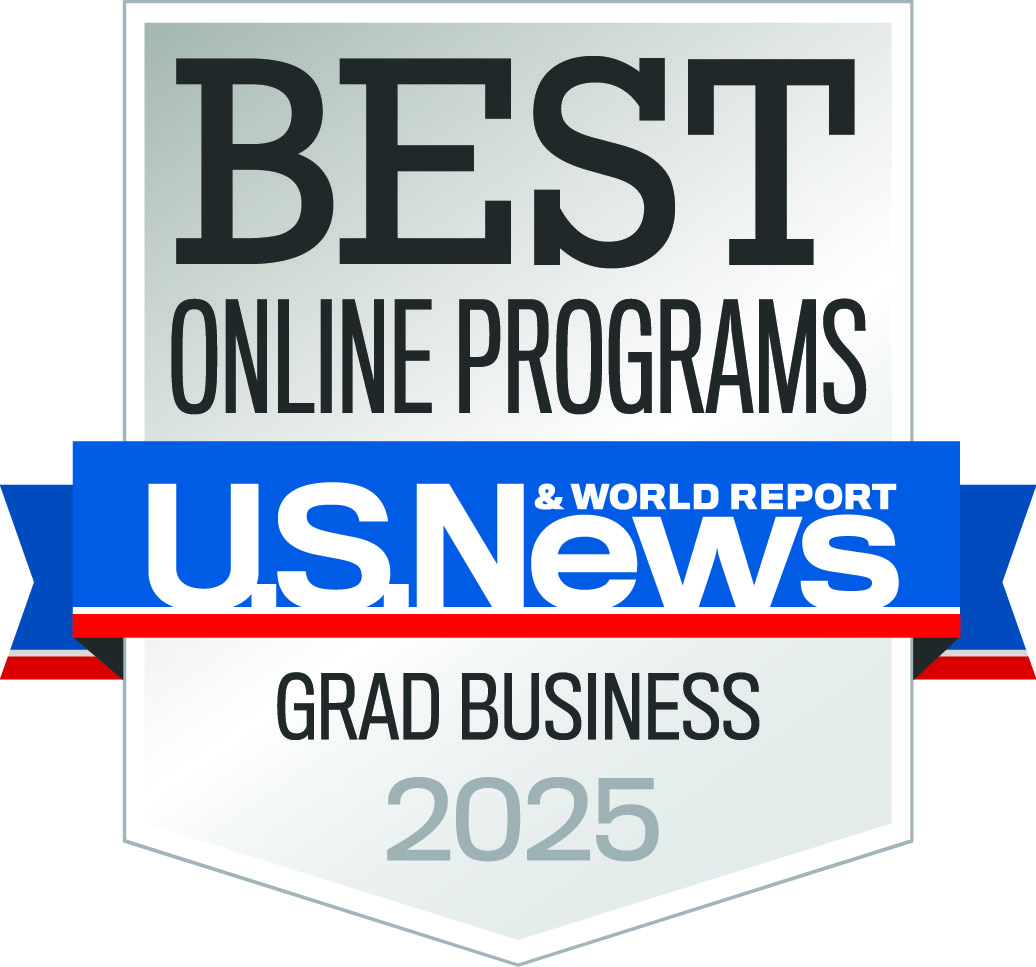Executive Master of Taxation (EMTAX) Curriculum
Courses are designed to provide flexibility and convenience using cutting edge technology. The lectures can be live streamed on Saturdays or view the recorded lectures any time during the week. Students who desire a more traditional classroom experience may participate in the optional live lectures, once a month, held on Saturday mornings in the state-of-the-art Davie West Building on the FAU Davie Campus.
The pace and intensity of the program are balanced to provide students with optimal opportunities to assimilate knowledge. A variety of learning methods are employed throughout the program. Case studies, computer simulations of challenging, competitive business situations, problem-solving discussions, team presentations, individual study, lectures, visual presentations, guest speakers, and assigned readings are regularly used. Students also complete research and analytical studies to develop strategic thinking abilities.
The list below includes all courses offered in the EMTAX program. Your required courses will depend on your educational background. On average, a student can expect to take two 3-credit courses in the summer semester and two 3-credit courses in the fall semester. Students can increase or decrease their course load, and the semester’s tuition will automatically adjust according to the number of credits enrolled.
- Business Majors - 30 credits
- Non Business Majors - 36 credits
- Accounting Majors* - 30 credits
All courses are 3-credit hours.
Executive Master of Taxation Curriculum
Accounting Major
*Concepts of Federal Income Tax (TAX 6025) 3 credits
Prerequisites: Admission to College of Business master's program and ACG 2021 or ACG
6027.
Analysis of the principles of the Federal Income Tax. The relationship among statutes,
case law, Congressional committee reports, and administrative pronouncements is emphasized.
A case approach is used. This course is not available to students who have completed TAX 4001 and 4011.
Or
*ACG 6689 is substituted for TAX 6025
Forensic Accounting, Fraud and Taxation (ACG 6689) 3 credits
Prerequisites: ACG 2021 or ACG 6027.
Overview of the nature of tax fraud, its motivation, the manner by which it is effected,
and ways to detect this type of fraud. Also discussed is the proper manner in which
allegations of fraud should be investigated to meet the requirements of civil/criminal
court procedure.
Tax Research (TAX 6065) 3 credits
Prerequisites: Graduate standing and TAX 6025 or TAX 4001. Prerequisites or Corequisites:
TAX 6025.
Methods of researching tax problems and practical exercises in the uses of research
tools in locating, understanding, and interpreting source materials
Corporate Taxation (TAX 6105) 3 credits
Prerequisites: Graduate standing and TAX 6025. Prerequisite or Corequisite: TAX 6065.
Concepts and principles governing the Federal income taxation of corporations and
their shareholders. The source and application of U.S. tax authority as it relates
to the formation, operation and liquidation of a corporation. The S Corporation is
explored as an alternative to the regular corporation and other modes of operation.
Advanced Corporate Taxation (TAX 6115) 3 credits
Prerequisites: Graduate standing and TAX 6105
Concepts and principles governing the Federal income taxation of corporations and
their shareholders and the source and application of U.S. tax authority as it relates
to complex corporate tax problems. Emphasis will be on the rules governing penalty
taxes, tax-free divisions and reorganizations, affiliated corporations, consolidated
returns, and multinational considerations.
Partnership Taxation (TAX 6205) 3 credits
Prerequisites: Graduate standing and TAX 6025. Prerequisite or Corequisite: TAX 6065.
An intensive study of partnership taxation covering such topics as the definition
of a partnership, formation of a partnership, compensation of partners, taxing partnership
income, and transactions between related parties.
Estates and Trusts: Planning and Taxation (TAX 6405) 3 credits
Prerequisites: Graduate standing and TAX 6025. Prerequisite or Corequisite: TAX 6065.
An examination of the principles of estate tax, gift tax, and income tax fiduciaries,
beneficiaries, grantors, and other parties. Income with respect to decedents, grant
or reversionary trusts, accumulation distributions, and other special problem areas
are studied.
International Taxation (TAX 6525) 3 credits
Prerequisites: Graduate standing and TAX 6065 and (TAX 4011 or TAX 6105).
A survey of U.S. income tax laws applicable to U.S. citizens and corporations doing
business abroad, as well as to foreign taxpayers investing in the U.S.
Contemporary Tax Topics (TAX 6875) 3 credits
Prerequisites: Graduate standing and TAX 6025. Prerequisite or Corequisite: TAX 6065.
Addresses recent or contemplated changes in tax law, including tax reform proposals
and reviews and judicial developments in all areas of taxation.
IRS Practice and Procedures (TAX 6877) 3 credits
Prerequisites: Graduate standing and TAX 6025. Prerequisite or Corequisite: TAX 6065.
Training in tax practice and procedures with an emphasis on IRS rules, procedures
and techniques.
Communication Strategies for Tax Accountants (TAX 6878) 3 credits
Prerequisite: Master of Taxation students only.
Focuses on the writing aspects of tax accounting; considers writing as an integral
part of tax practice and
as an enhancement for critical thinking.
Business Major
Financial Reporting and Accounting Concepts (ACG 6137) 3 credits
Prerequisites: Admission to College of Business master's program and ACG 2021 or ACG
6027.
Course covers conceptual and applied issues in financial accounting. Students learn
to apply basic research skills in financial accounting with authoritative accounting
literature. This course is not available to students who have completed ACG 3131 and 3141.
Concepts of Federal Income Tax (TAX 6025) 3 credits
Prerequisites: Admission to College of Business master's program and ACG 2021 or ACG
6027.
Analysis of the principles of the Federal Income Tax. The relationship among statutes,
case law, Congressional committee reports, and administrative pronouncements is emphasized.
A case approach is used.
Tax Research (TAX 6065) 3 credits
Prerequisites: Graduate standing and TAX 6025 or TAX 4001. Prerequisites or Corequisites:
TAX 6025.
Methods of researching tax problems and practical exercises in the uses of research
tools in locating, understanding, and interpreting source materials.
Corporate Taxation (TAX 6105) 3 credits
Prerequisites: Graduate standing and TAX 6025. Prerequisite or Corequisite: TAX 6065.
Concepts and principles governing the Federal income taxation of corporations and
their shareholders. The source and application of U.S. tax authority as it relates
to the formation, operation and liquidation of a corporation. The S Corporation is
explored as an alternative to the regular corporation and other modes of operation.
Advanced Corporate Taxation (TAX 6115) 3 credits
Prerequisites: Graduate standing and TAX 6105.
Concepts and principles governing the Federal income taxation of corporations and
their shareholders and the source and application of U.S. tax authority as it relates
to complex corporate tax problems. Emphasis will be on the rules governing penalty
taxes, tax-free divisions and reorganizations, affiliated corporations, consolidated
returns, and multinational considerations.
Partnership Taxation (TAX 6205) 3 credits
Prerequisites: Graduate standing and TAX 6025. Prerequisite or Corequisite: TAX 6065.
An intensive study of partnership taxation covering such topics as the definition
of a partnership, formation of a partnership, compensation of partners, taxing partnership
income, and transactions between related parties.
Estates and Trusts: Planning and Taxation (TAX 6405) 3 credits
Prerequisites: Graduate standing and TAX 6025. Prerequisite or Corequisite: TAX 6065.
An examination of the principles of estate tax, gift tax, and income tax fiduciaries,
beneficiaries, grantors, and other parties. Income with respect to decedents, grant
or reversionary trusts, accumulation distributions, and other special problem areas
are studied.
International Taxation (TAX 6525) 3 credits
Prerequisites: Graduate standing and TAX 6065 and (TAX 4011 or TAX 6105).
A survey of U.S. income tax laws applicable to U.S. citizens and corporations doing
business abroad, as well as to foreign taxpayers investing in the U.S.
IRS Practice and Procedures (TAX 6877) 3 credits
Prerequisites: Graduate standing and TAX 6025. Prerequisite or Corequisite: TAX 6065.
Training in tax practice and procedures with an emphasis on IRS rules, procedures
and techniques.
Communication Strategies for Tax Accountants (TAX 6878) 3 credits
Prerequisite: Master of Taxation students only.
Focuses on the writing aspects of tax accounting; considers writing as an integral
part of tax practice and as an enhancement for critical thinking.
Non-Business Major
Financial Accounting Concepts (ACG 6027) 3 credits
Prerequisite: Graduate standing.
Principles applicable to the accounting cycle, asset valuation, income determination,
financial reporting, basic business taxes, and owner's equity. Available only to graduate students lacking an undergraduate course in accounting
(ACG 2021).
Financial Management (FIN 6406) 3 credits
Prerequisites: Graduate standing, financial accounting principles.
Tools and applications of financial analysis and forecasting, investment policy, financing
policy, and working capital policy. Open only to graduate students lacking an undergraduate course in Finance (FIN 3403).
Financial Reporting and Accounting Concepts (ACG 6137) 3 credits
Prerequisites: Admission to College of Business master's program and ACG 2021 or ACG
6027.
Course covers conceptual and applied issues in financial accounting. Students learn
to apply basic research skills in financial accounting with authoritative accounting
literature. This course is not available to students who have completed ACG 3131 and 3141.
Concepts of Federal Income Tax (TAX 6025) 3 credits
Prerequisites: Admission to College of Business master's program and ACG 2021 or ACG
6027.
Analysis of the principles of the Federal Income Tax. The relationship among statutes,
case law, Congressional committee reports, and administrative pronouncements is emphasized.
A case approach is used.
Tax Research (TAX 6065) 3 credits
Prerequisites: Graduate standing and TAX 6025 or TAX 4001. Prerequisites or Corequisites:
TAX 6025.
Methods of researching tax problems and practical exercises in the uses of research
tools in locating, understanding, and interpreting source materials.
Corporate Taxation (TAX 6105) 3 credits
Prerequisites: Graduate standing and TAX 6025. Prerequisite or Corequisite: TAX 6065.
Concepts and principles governing the Federal income taxation of corporations and
their shareholders. The source and application of U.S. tax authority as it relates
to the formation, operation and liquidation of a corporation. The S Corporation is
explored as an alternative to the regular corporation and other modes of operation.
Advanced Corporate Taxation (TAX 6115) 3 credits
Prerequisites: Graduate standing and TAX 6105.
Concepts and principles governing the Federal income taxation of corporations and
their shareholders and the source and application of U.S. tax authority as it relates
to complex corporate tax problems. Emphasis will be on the rules governing penalty
taxes, tax-free divisions and reorganizations, affiliated corporations, consolidated
returns, and multinational considerations.
Partnership Taxation (TAX 6205) 3 credits
Prerequisites: Graduate standing and TAX 6025. Prerequisite or Corequisite: TAX 6065.
An intensive study of partnership taxation covering such topics as the definition
of a partnership, formation of a partnership, compensation of partners, taxing partnership
income, and transactions between related parties.
Estates and Trusts: Planning and Taxation (TAX 6405) 3 credits
Prerequisites: Graduate standing and TAX 6025. Prerequisite or Corequisite: TAX 6065.
An examination of the principles of estate tax, gift tax, and income tax fiduciaries,
beneficiaries, grantors, and other parties. Income with respect to decedents, grant
or reversionary trusts, accumulation distributions, and other special problem areas
are studied.
International Taxation (TAX 6525) 3 credits
Prerequisites: Graduate standing and TAX 6065 and (TAX 4011 or TAX 6105).
A survey of U.S. income tax laws applicable to U.S. citizens and corporations doing
business abroad, as well as to foreign taxpayers investing in the U.S.
IRS Practice and Procedures (TAX 6877) 3 credits
Prerequisites: Graduate standing and TAX 6025. Prerequisite or Corequisite: TAX 6065.
Training in tax practice and procedures with an emphasis on IRS rules, procedures
and techniques.
Communication Strategies for Tax Accountants (TAX 6878) 3 credits
Prerequisite: Master of Taxation students only.
Focuses on the writing aspects of tax accounting; considers writing as an integral
part of tax practice and as an enhancement for critical thinking.













